Are you at risk?
- Risk factors
- Are you at risk?
- Am I at risk?
- Key factors
- Genes and heredity

Are you at risk?
Are you at risk?
Prostate cancer is the most common form of cancer among men in Quebec and Canada. For instance, on average, 18 Quebecois receive a prostate cancer diagnosis every day, representing over 6,800 new cases per year. The causes of prostate cancer are not yet well understood, but some studies have identified various risk factors and behaviors to adopt to reduce them.
Those who are most at risk are older men, men with a family history of prostate, breast, ovarian, or pancreatic cancer, and black or Afro-Caribbean men. If you are concerned about your risk, or if you have symptoms, consult with your doctor or contact one of our healthcare professionals at 1-855-899-2873. They can address your concerns and inform you about screening and the tests that are used to diagnose prostate cancer.
What is a risk factor?
A risk factor is one that increases the likelihood of developing prostate cancer. Most cancers can be attributed to various risk factors, but sometimes prostate cancer develops in men who don’t have any of the risk factors listed below.
You may be asking yourself questions about alcohol consumption, prostatic hyperplasia (an enlarged prostate) or frequency of sexual activity and ejaculations. Considerable research has shown that there is no relation between these factors and prostate cancer. More and more studies are proving that ejaculation can help to prevent prostate cancer.
As for vasectomy, some studies have suggested a link between vasectomies and the risk of being diagnosed with prostate cancer in the future. Several other studies have shown the opposite. This is probably caused by an association between vasectomy, urological monitoring, and more frequent cancer screening. To date, there is no tangible evidence that there is a relationship between the two.
Recognized risk factors
Age
- Elleproduit… un liquide prostatique riche en enzymes, protéines et minéraux qui nourrit et protège vos spermatozoïdes
- Ellefabrique… une protéine (APS) qui sert à liquéfier votre sperme afin de faciliter la mobilité des vos spermatozoïdes
- Ellepermet… l’éjaculation en se contractant
- Ellefavorise… la fécondité de par ses enzymes facilitant la pénétration des spermatozoïdes à travers le col utérin
- Ellene participe pasau mécanisme de l’érection. Par conséquent, l’origine du dysfonctionnement érectile se situe ailleurs
Family history
Men with a family history of prostate cancer run a higher risk of developing the disease and are more likely to do so at a younger age. It is shown that only about 15% to 20% of cases of prostate cancer are related to a hereditary or “familial” disposition.
- If your father or your brother has had prostate cancer, you are two or three times more likely to develop it yourself. When two relatives or more have had this illness (your father and an uncle, both of your grandfathers, three cousins, and so on), your risk is even greater. This holds true for relatives from your mother’s or your father’s side.
- The risks go up even more if prostate cancer has been diagnosed in men in your family at a young age (<60).
- Studies show that you are more at risk of developing prostate cancer if there are cases of breast cancer or ovarian cancer in your family.
- Furthermore, if you have a familial or hereditary cancer, you should not assume that your case will be the same as an affected family member. Every cancer and its development are different.
If you have relatives who have had prostate, breast or ovarian cancer, and you are concerned about your risk, talk to your doctor or contact one of our healthcare professionals. While the risk of developing prostate cancer may be greater, that does not mean that you will develop it.
Ethnic origin
The risk of developing prostate cancer seems to vary from population to population.
- The number of prostate cancer cases diagnosed each year varies enormously from one country to another. For example, It is higher in North America, Europe, and the Caribbean.
- Asian men have the lowest rate of prostate cancer, while Black men are more at risk. Black men are more likely to receive a diagnosis at a younger age compared to White men. The tumor tends to be more aggressive and diagnosed at a more advanced stage.
- While scientists do not yet understand why this is, the geographical variability may be associated with differences in the rate of screening and lifestyle, including nutrition.
Possible risk factors
The following factors have been linked to prostate cancer, but there is not enough evidence to say they are risk factors. More research is needed to clarify the role of these factors in the development of prostate cancer.
Inherited gene mutations
Studies show that some inherited gene mutations may increase the chance of developing prostate cancer. However, only a very small number of cases of prostate cancer are linked with these gene mutations.
More than twenty genes involved in prostate cancer have been discovered including the most well-known: BRCA. Men who inherit mutations of the BRCA gene may have a higher risk of developing pancreatic, breast, or prostate cancer. This gene mutation also increases a woman’s risk of developing breast or ovarian cancer.
Diet, vitamin D and calcium
Unfortunately, no convincing study has established a clear link between diet and prostate cancer directly. Clinical studies on migrants have suggested that there may be an association between prostate cancer and diet.
Among the foods suspected to be related are animal fats and red meat. Indeed, some studies have shown a correlation with a higher rate of prostate cancer. It is suggested to limit animal fat and red meat in your diet.
It is possible that diets high in dairy products and calcium may increase the risk of prostate cancer. Ask a dietitian how much milk and calcium you need to maintain a healthy and balanced diet.
There is some evidence that vitamin D deficiency may play a role in the development of prostate cancer. Due to the northern latitude of Canada and low sunlight in the fall and winter, it is recommended that adult Quebecers – especially older men and men with prostate cancer or at high risk consider taking a vitamin D supplement (1000-1500 IU daily), especially during the fall and winter months. Also, it is suggested to avoid an excessive intake of calcium.
Tangible effect of healthy nutrition
It is possible that an “anti-inflammatory” diet, that is to say, rich in vegetables (e.g. cooked tomatoes broccoli), berries, legumes, fish, green tea and other foods reduces the risk of developing prostate cancer.
Changing dietary habits also has benefits for the prevention of cardiovascular disease and other cancers such as colon cancer. It should be remembered that many men with prostate cancer can be cured or their risk of dying is minimal and that a change in diet can have a tangible effect on other diseases.
It is obvious that more studies on this subject are needed. But in the meantime, it is highly recommended that you choose your food wisely.
Being overweight or obese
Studies have shown that men who are overweight or obese are more likely to receive an advanced-stage prostate cancer diagnosis or a diagnosis that indicates that the cancer is already spreading (metastasis) to other parts of the body.
Chronic inflammation and infection
Studies suggest that men with a history of sexually transmitted disease or prostatitis are at higher risk for prostate cancer.
- Infections and chronic inflammation lead to repeated prostate tissue damage and repair.
- Genetic susceptibility to chronic inflammation and tissue damage may also play a role.
Male hormones – Higher levels of testosterone
Androgens are a kind of male hormone. They are responsible for the growth, development and functioning of your reproductive system, including the prostate.
- Prostates that are not exposed to male hormones do not develop cancer. Also, research has established that blocking testosterone causes prostate tumour regression in men with prostate cancer. It is clear, therefore, that male hormones are involved in prostate cancer.
- Testosterone is the primary male hormone. When your body uses or metabolizes it, dihydrotestosterone (DHT) is created. Long-term exposure to high levels of testosterone and DHT could raise the risk of prostate cancer.
- One treatment for prostate cancer is hormone therapy, which blocks these hormones from being produced by the body.
Testosterone Replacement Therapy – Because there is a strong link between testosterone and prostate cancer, it is possible that taking testosterone helps the growth of cancer already present. However, to date, there is no tangible evidence that testosterone causes prostate cancer.
Smoking
Researchers have contradictory findings about whether a greater risk of prostate cancer is associated with tobacco use. More studies will be necessary to better understand the potential link between smoking and the risk of prostate cancer.
Occupational exposure
Scientific evidence suggests that occupational exposure to chemical or toxic substances – in the case of firefighters – or pesticides – in the case of farmers – could increase the risk of prostate cancer. This risk may be even greater for men who have a family history of prostate cancer.
Genetic Mutation: What can I do if I’m at risk?
Hereditary prostate cancer refers to forms of cancer that appear to run in some families, that are secondary to known or unknown genetic abnormalities that are passed on from generation to generation. Genes are instructions that appear in every cell in your body. They determine how cells grow and develop.
It is estimated that a family is at risk of hereditary prostate cancer if the following factors are present:
- At least three immediate family members (ex. father, brothers) have received a prostate cancer diagnosis;
- prostate cancer has been diagnosed in three generations on one side of the family (either the mother’s or the father’s);
- two family members have received a prostate cancer diagnosis before the age of 60.
Discover our animated video!
Genetics and prostate cancer
Gentlemen, do you have a significant history of breast, ovarian, pancreatic or prostate cancer in your family? If so, your doctor may recommend a genetic screening. If you carry a specific genetic mutation, you may respond well to a new targeted therapy. Let’s take a closer look.
Could my family be affected by a form of hereditary cancer without any of these factors present?
Yes. In some families who don’t have any of the corresponding factors listed above, cancer is still common. For example, in some cases, there is a family history of prostate cancer along with other types of cancer, such as breast or ovarian cancer, which are sometimes associated with other types of hereditary cancers. Geneticists who work in oncology clinics can determine your family’s probability of being affected by a hereditary form of cancer.
What can I do if my family is affected by a form of hereditary prostate cancer?
We should emphasize that if your family is affected by a form of hereditary prostate cancer, this does not mean that you yourself will have the same kind of cancer. It only means that you have a higher probability of being affected by prostate cancer compared to men in general. Since every family is different, it is important to have a genetic assessment of your family background to determine your risk of developing prostate cancer.
If the assessment indicates that you have a higher risk of developing prostate cancer, you can talk with your doctor to find out what steps to take to monitor your risk. The doctor may:
- proceed with a rectal exam;
- proceed with a blood test to detect the prostate-specific antigen (PSA).
In families affected by hereditary prostate cancer, some men will benefit from taking measures to monitor for prostate cancer at a younger age, in order to be diagnosed and to have cancer treatment earlier. You can also talk with your doctor about how diet can play a role in the occurrence and prevention of cancer.
If my family is affected by hereditary prostate cancer, is there genetic testing?
Genetic testing encompasses the analysis of individual gene modifications associated with hereditary cancers. To date, several genes have been identified and linked to prostate cancer. When it is suspected that the type of cancer is inherited or when there is an onset of metastatic (generalized) cancer at a young age, it is possible to have the patient as well as members of the family undergo a genetic screening. These tests are usually done in specialized genetic clinics.
Summary
Generally, studies tend to show that genetic and environmental factors could play an important role in the development of prostate cancer. They could also allow men who have an above-average risk of developing prostate cancer to be detected.
If you are worried about some of these risk factors and their effect on your health status, talk with your family doctor. You can also consider beginning prostate cancer monitoring and setting a date for starting tests.
Additional Information - Risk factors
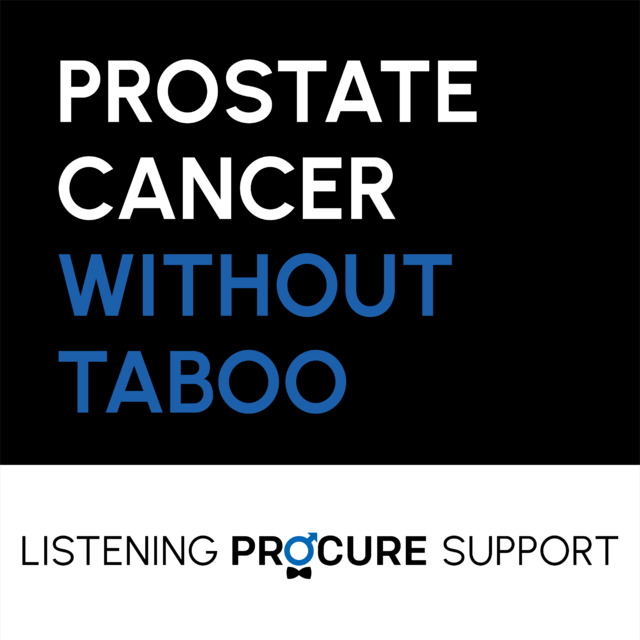
Is prostate cancer hereditary?
Understanding the hereditary and genetic aspects of this disease can provide valuable information to both individuals affected and their families.
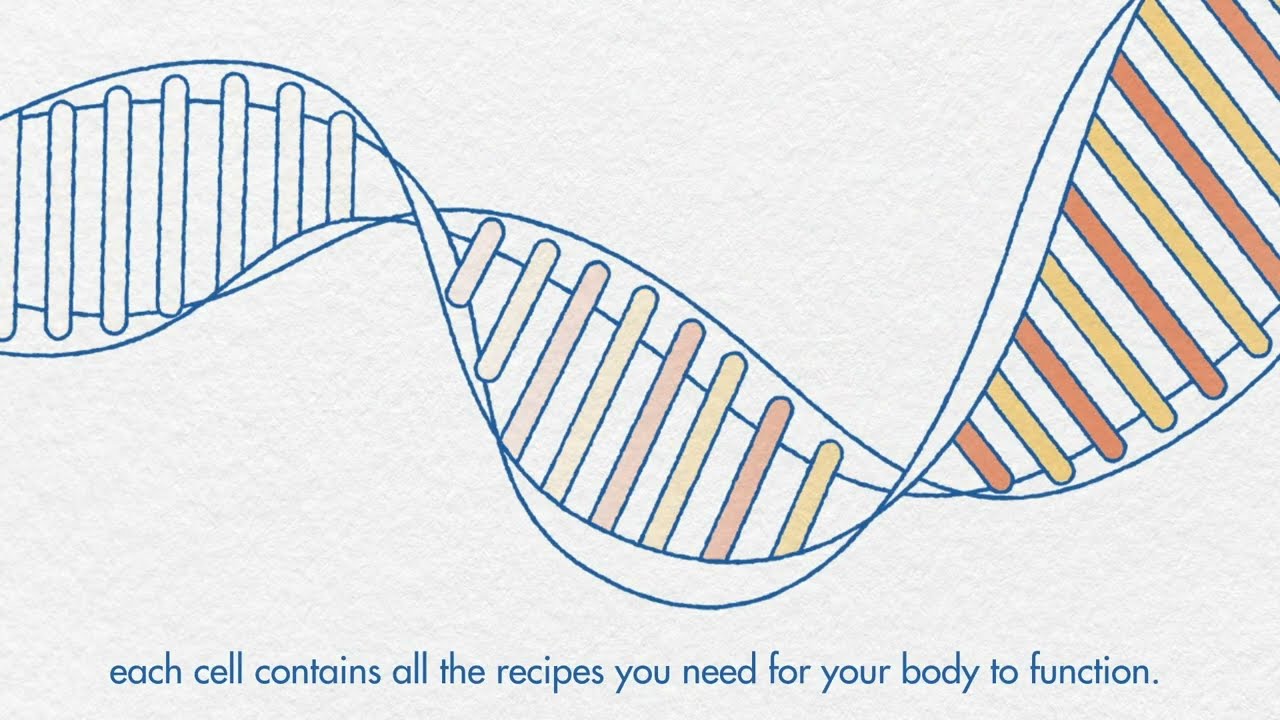
Genetics and prostate cancer
Do you have a family history of cancer? Your doctor might recommend genetic screening.
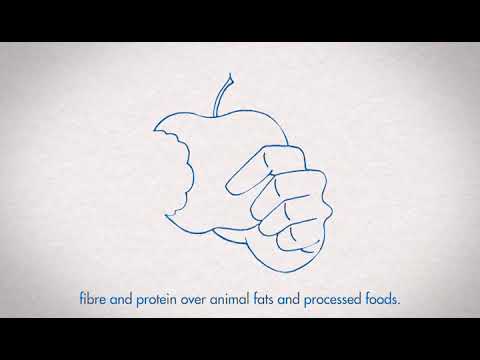
Symptoms, risk and screening
Are you over 50 or experiencing urinary problems? Discover why early screening for prostate diseases is important.
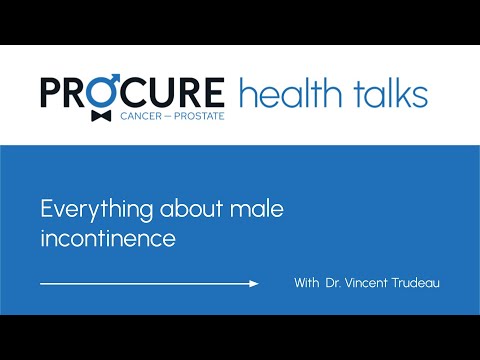
Everything to know about male urinary incontinence
Do you suffer from male urinary incontinence? You’re not alone. This webinar covers symptoms and treatments to help you.

Your prognosis and survival
After receiving a diagnosis of prostate cancer, you will undoubtedly have questions about your prognosis and survival and will want to know the chances of success with your treatment.
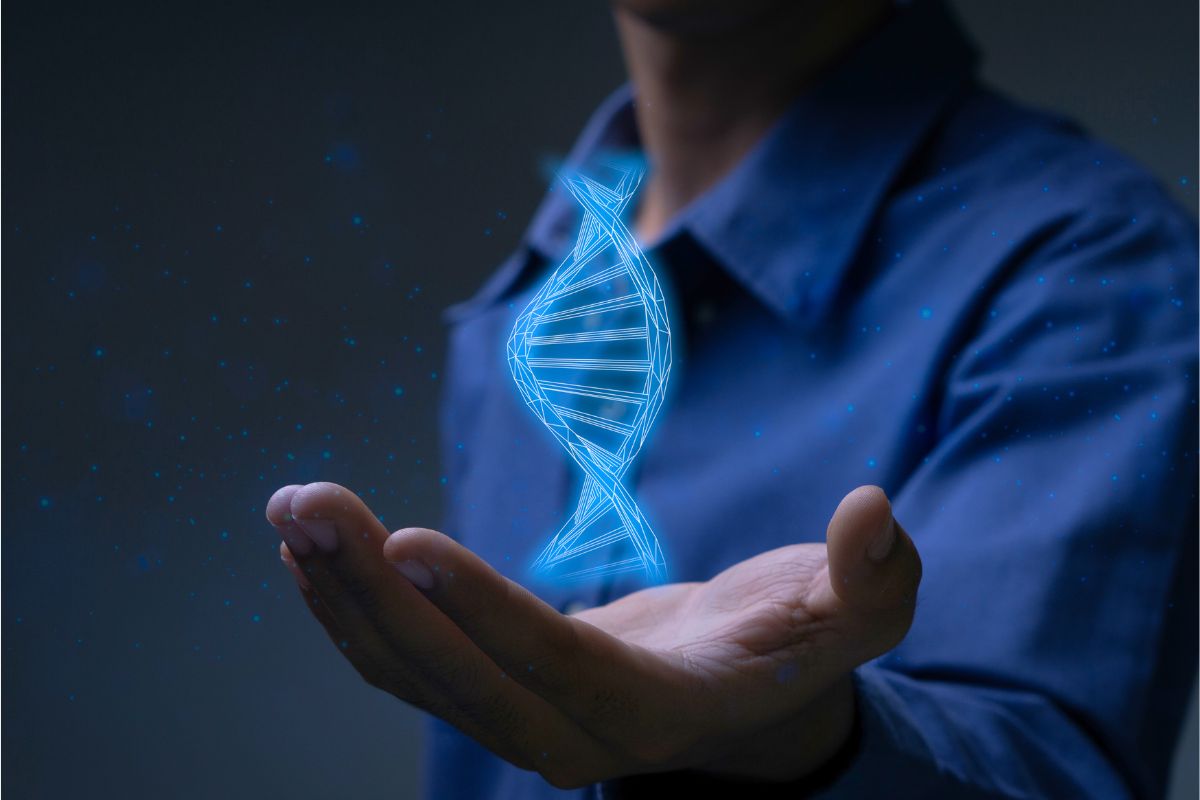
What is a genetic mutation?
Do you have a significant family history of cancer? Is there a link between prostate cancer and a genetic mutation?

Finding the right words
Prostate cancer often overwhelms patients. Finding the right words is crucial to comfort and support them.

Link between prostate cancer and obesity
If you are obese or overweight, it is more likely that prostate cancer will be diagnosed at a more advanced stage…

Prostate cancer: Is it a disease of the elderly?
It depends on the definition of old. Is being 50 years old really considered “old”?

What women should know about prostate cancer
As a woman, you might think that prostate cancer is not your concern because you don’t have a prostate. However, prostate cancer is the most common cancer in men.

I was told no to the PSA test
The PSA test should generally be offered to any man aged 50 and over with a life expectancy of at least ten years. So why this refusal?

Me a guinea pig?
Did you know that participating in a clinical trial advances medical science and improves the lot of patients for future generations?

Your role as a patient
Have you been diagnosed with prostate cancer? Your role as a patient is essential throughout your journey.
Sources and references
Last medical and editorial review: April 2024. See our web page validation committee and our collaborators by clicking here.


